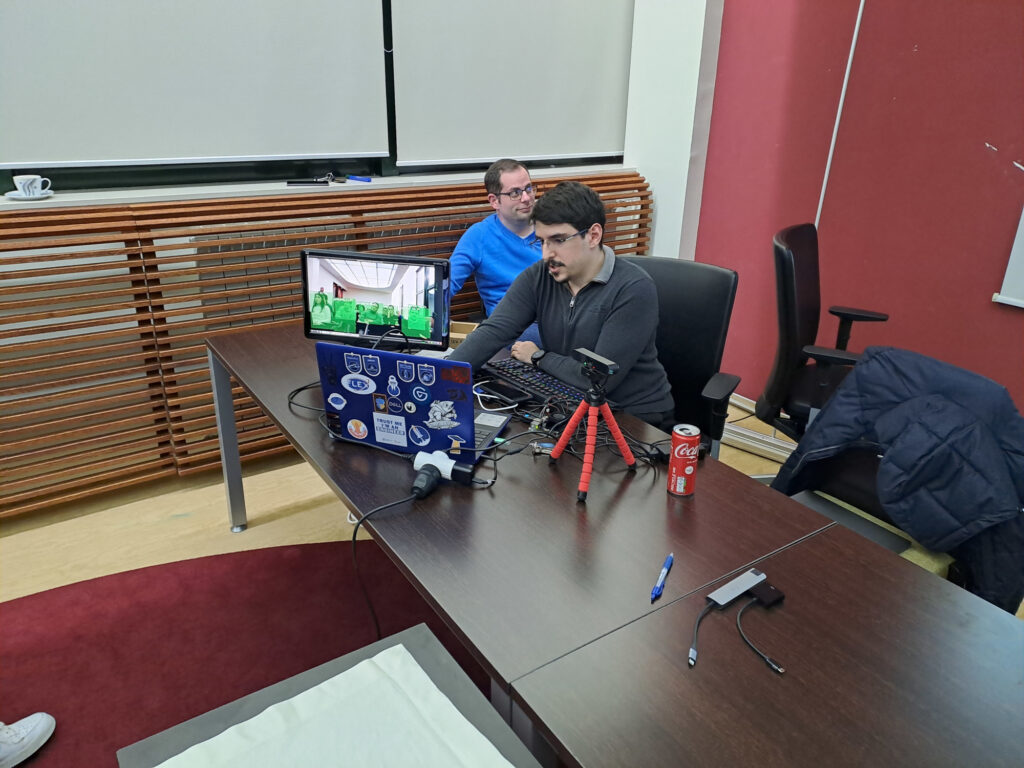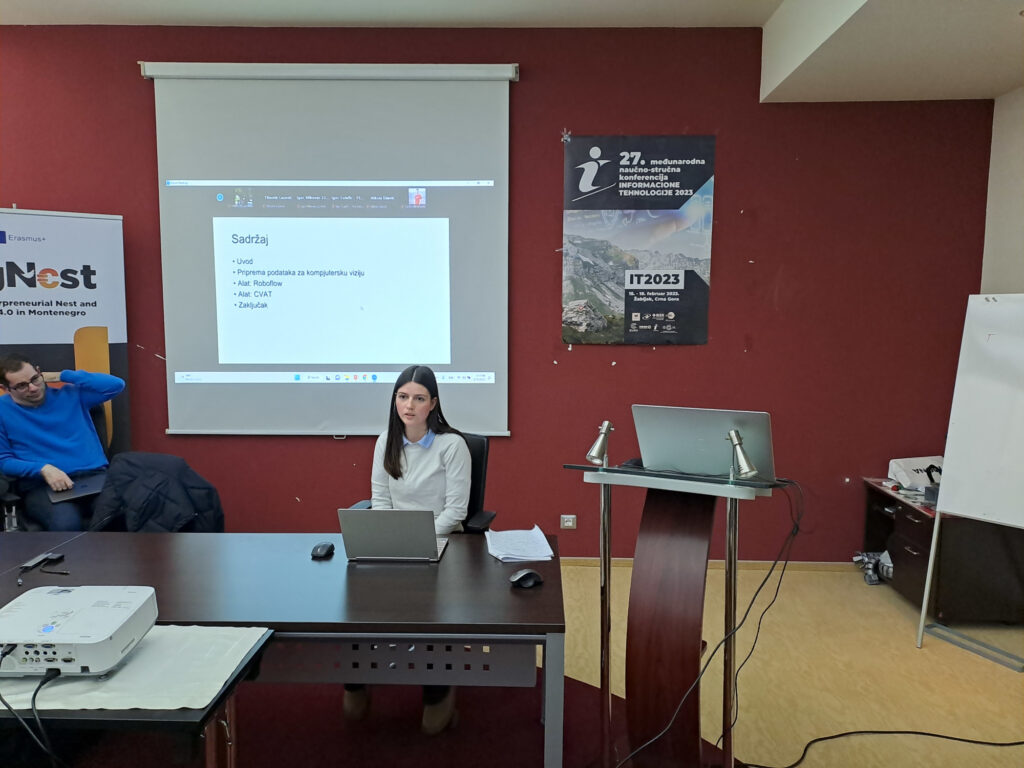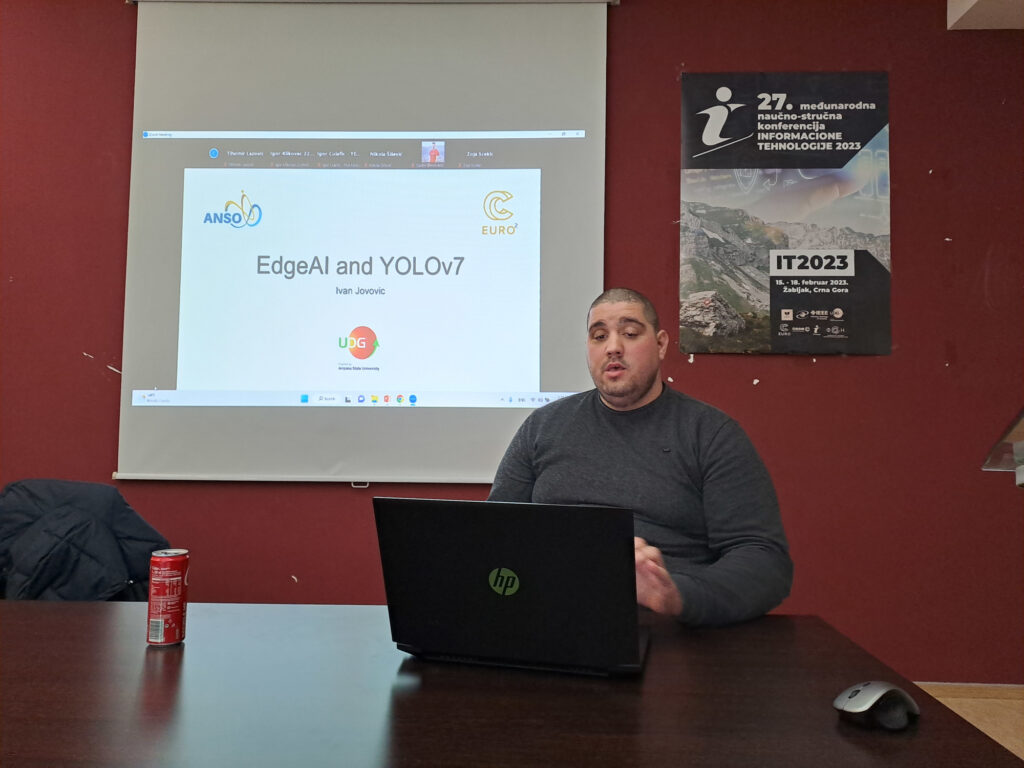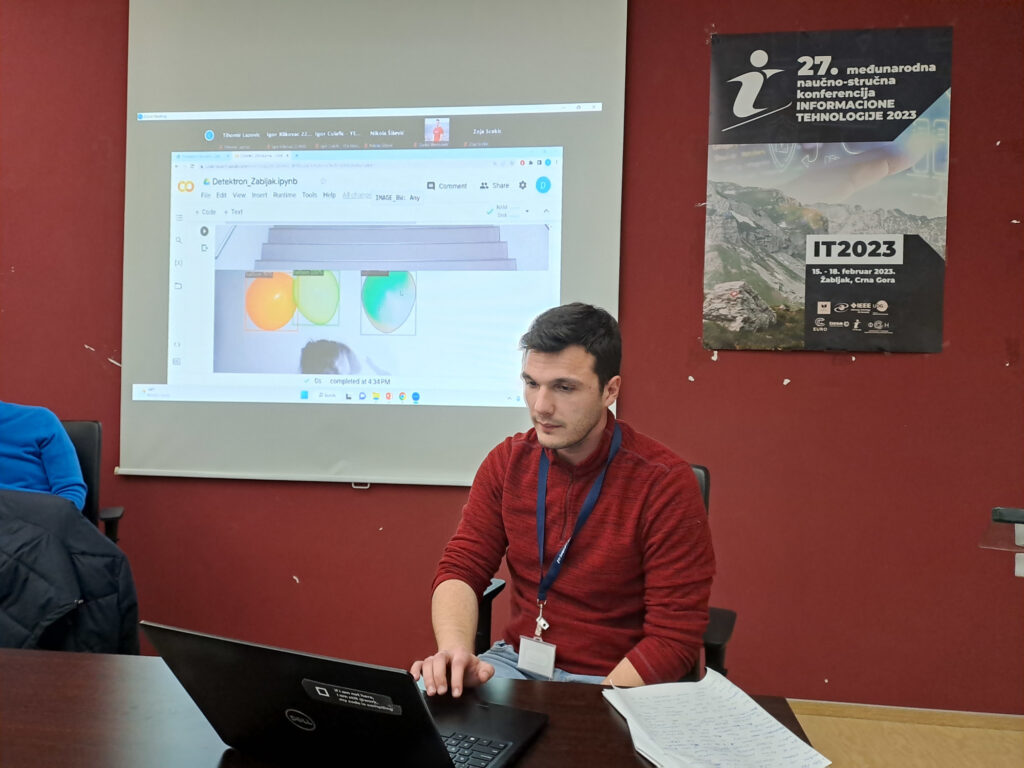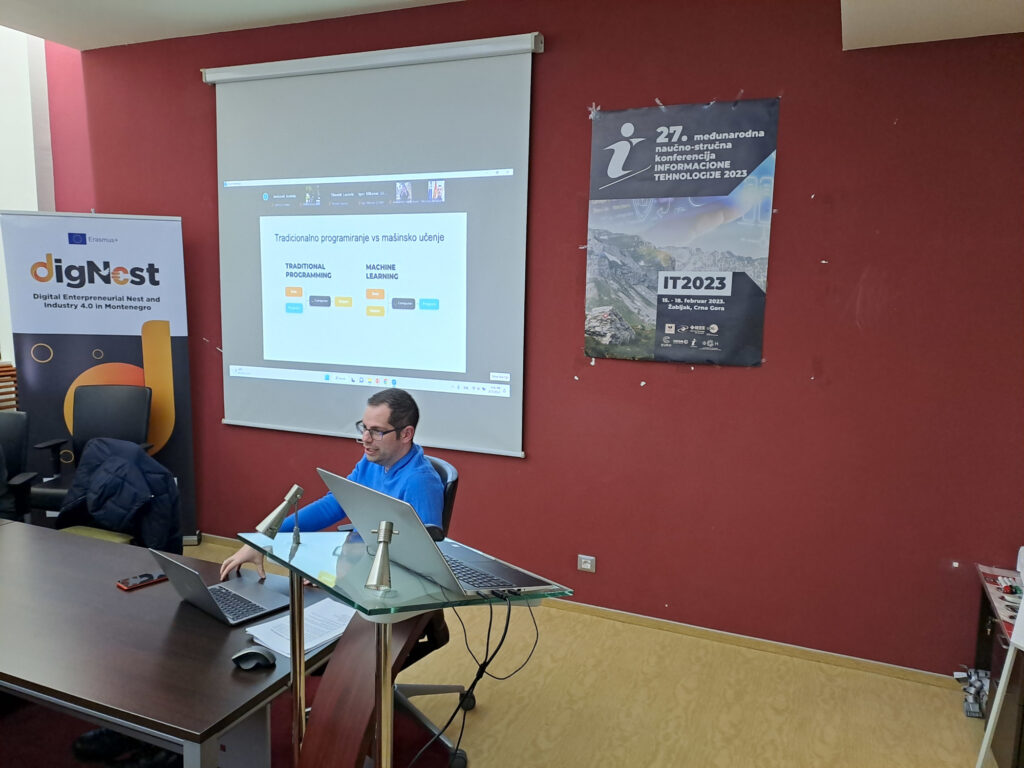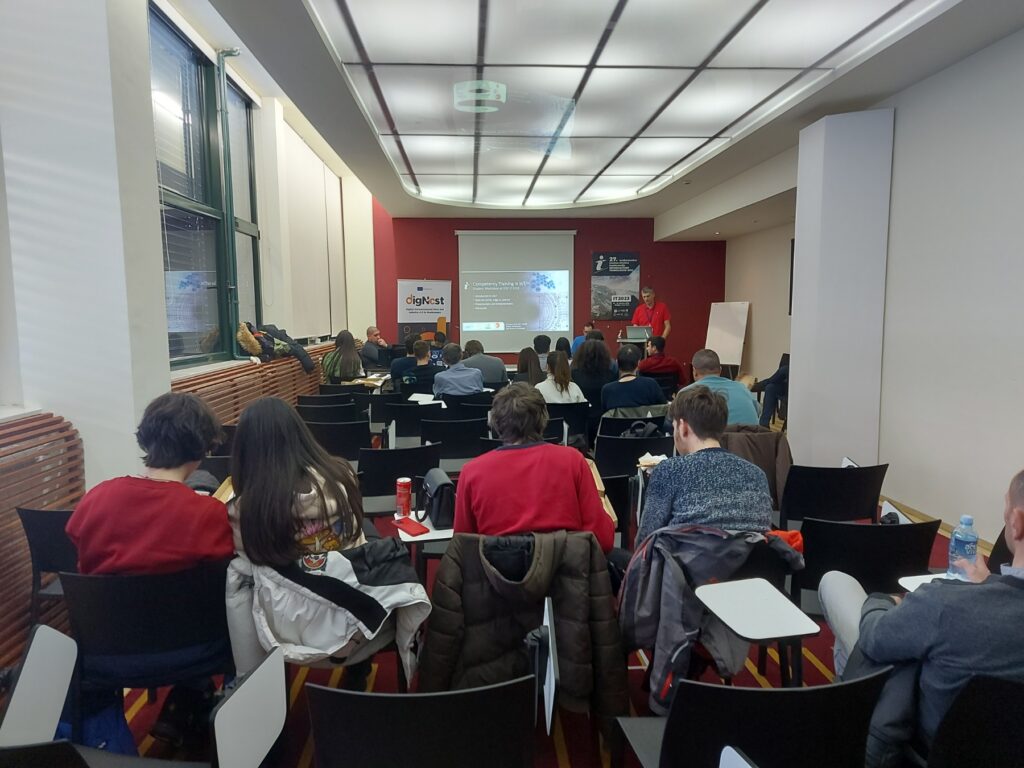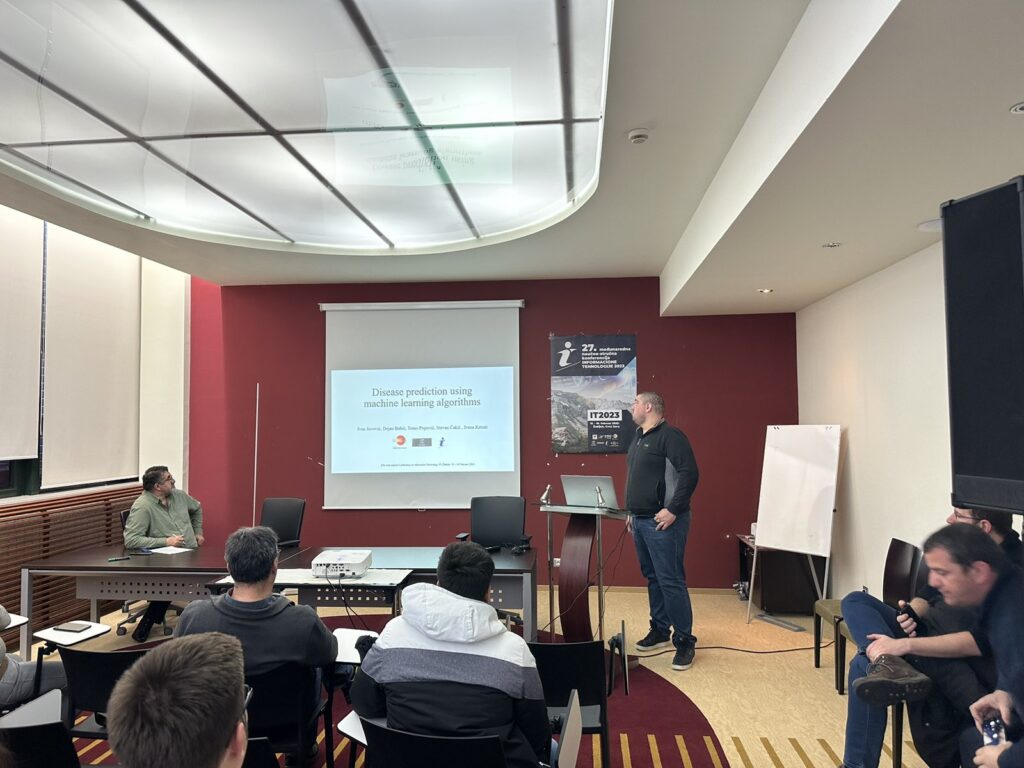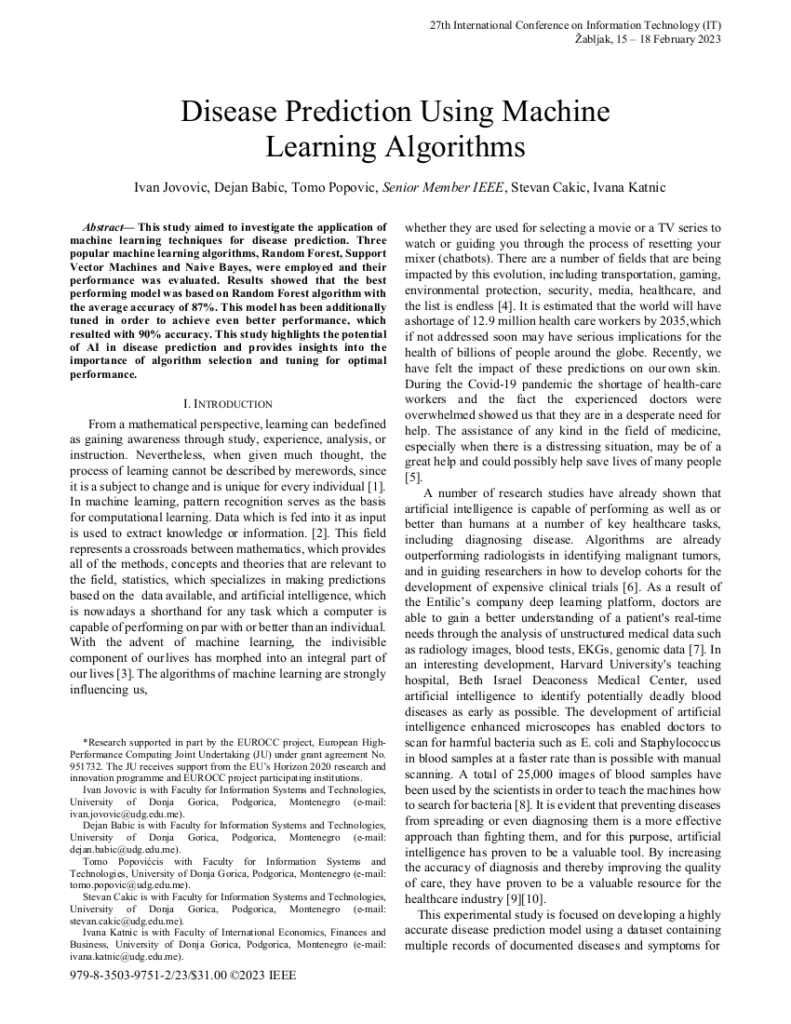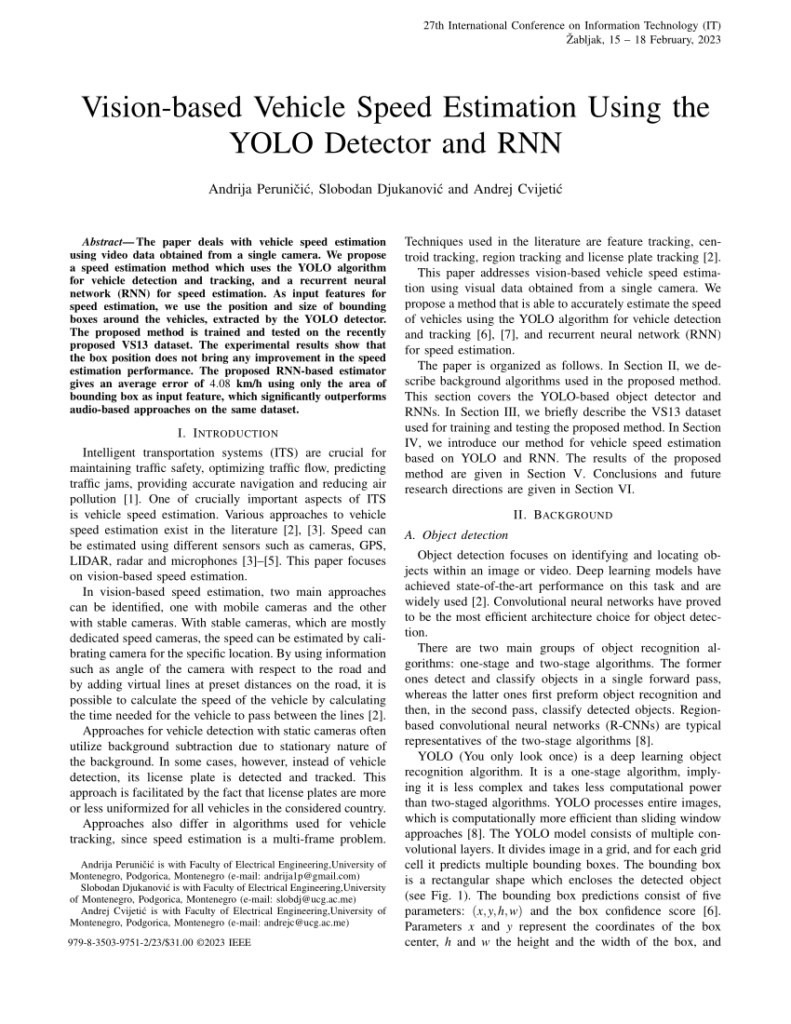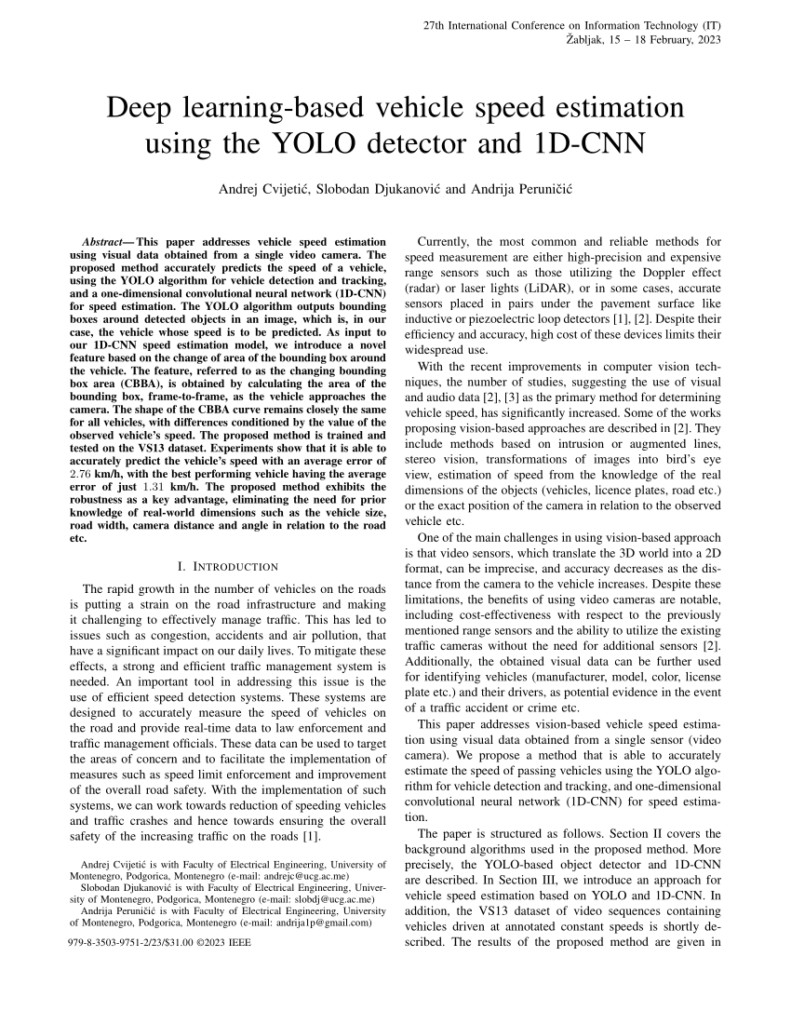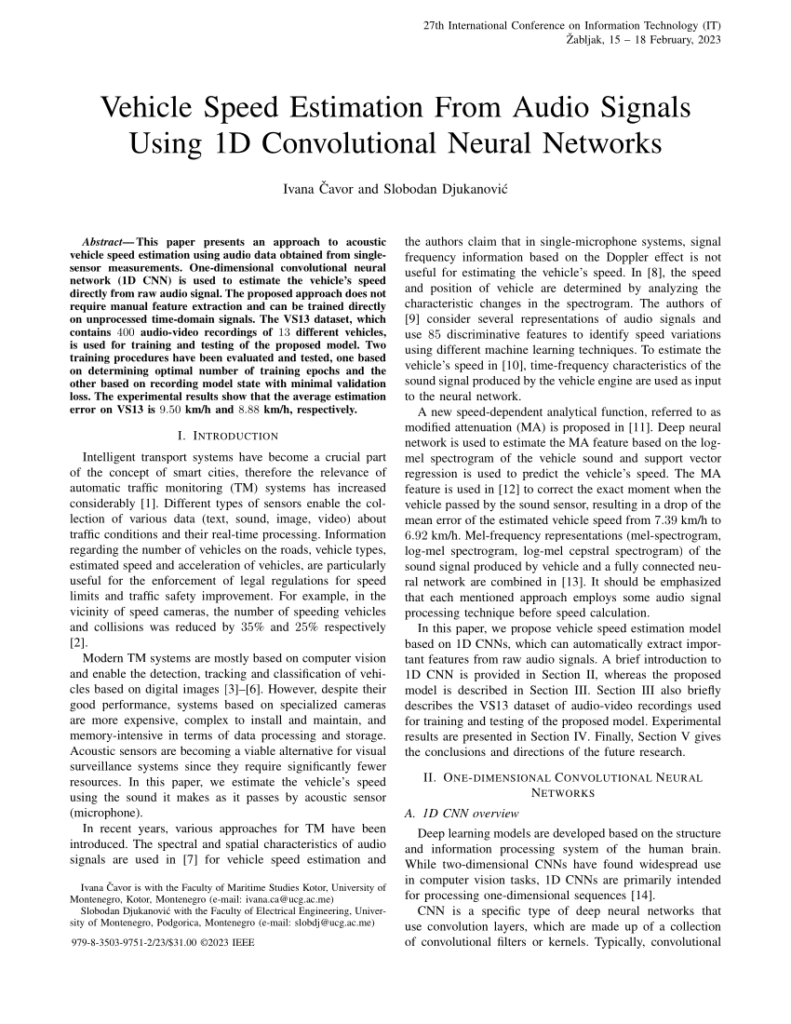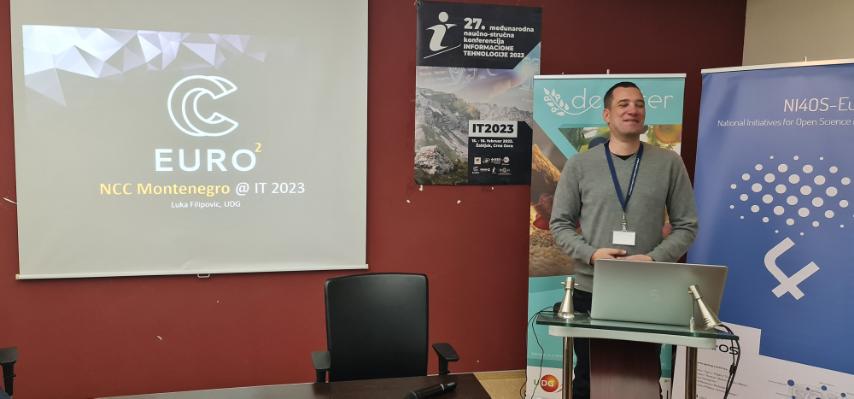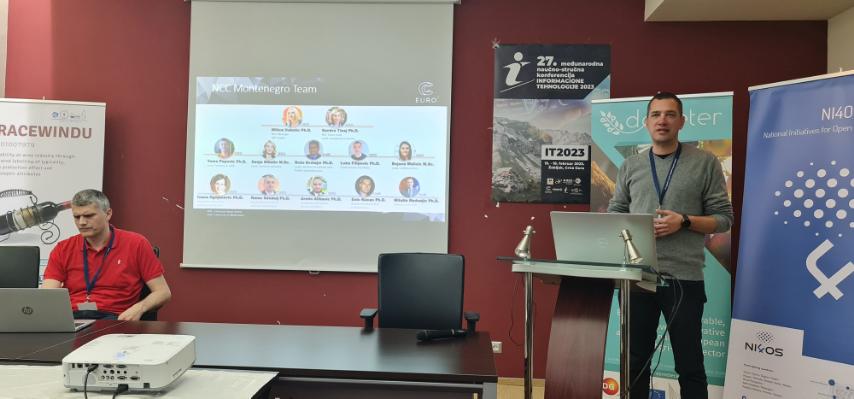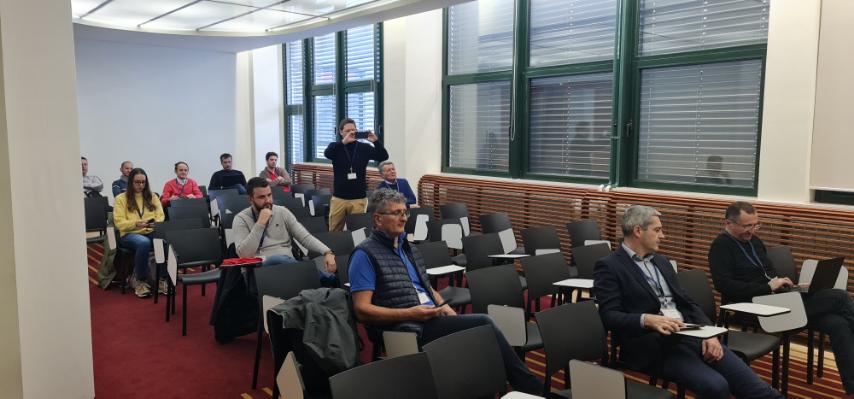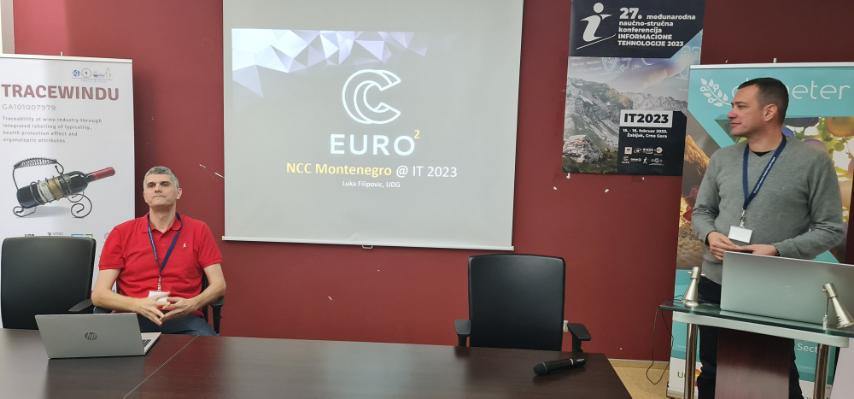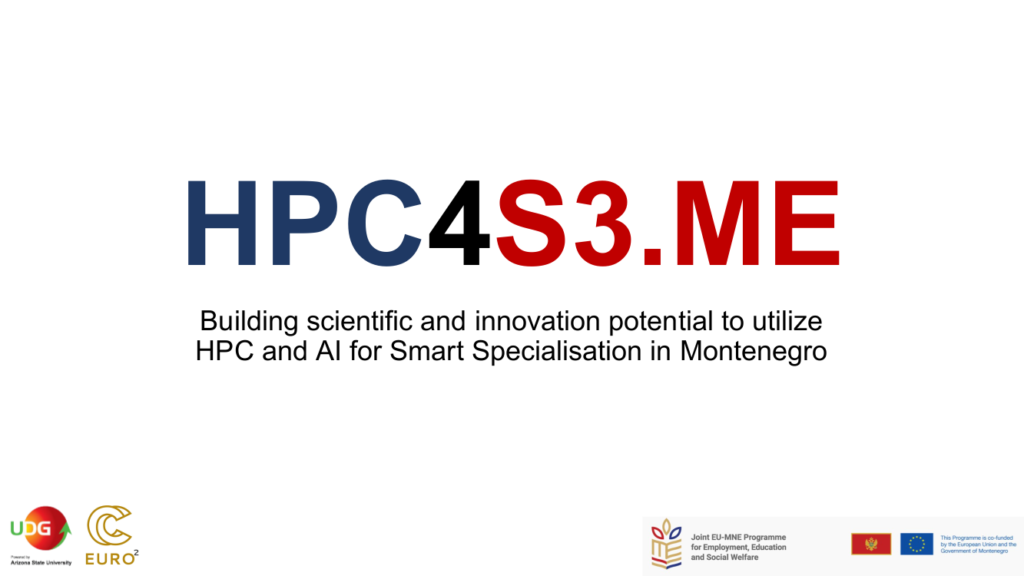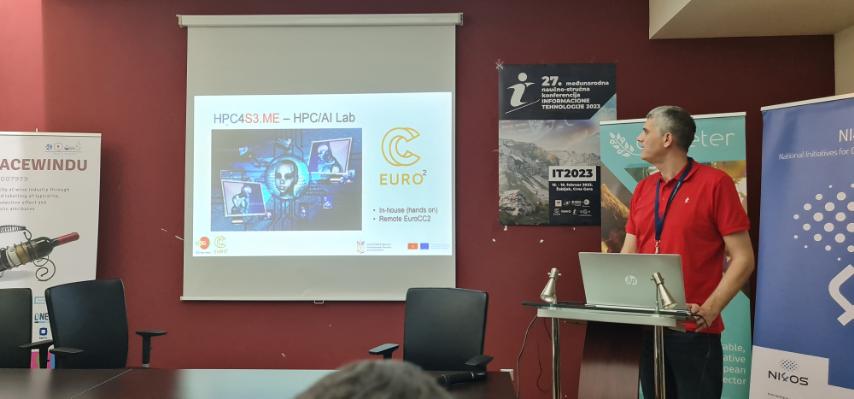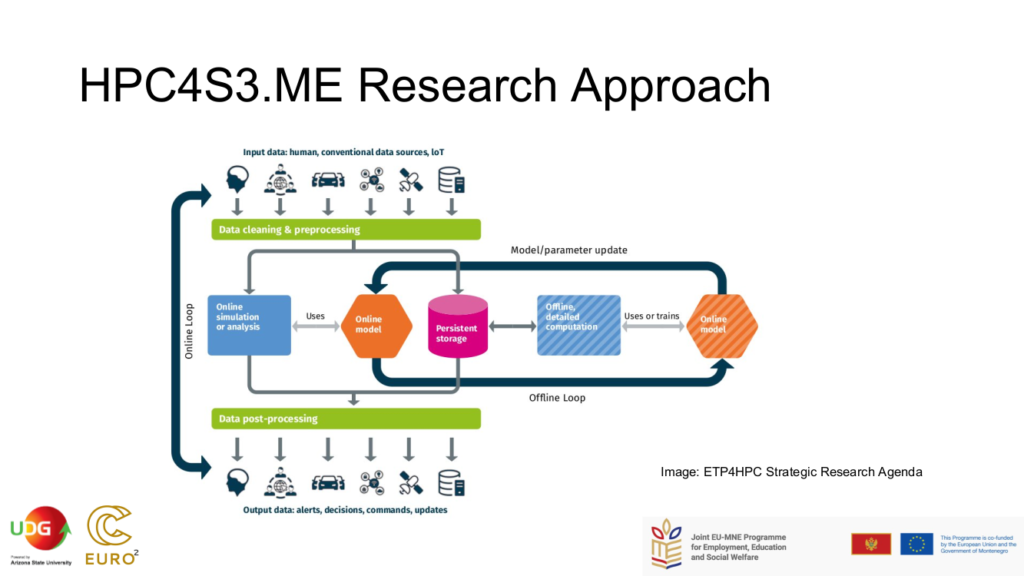A short course and student workshop on AI and IoT took place on 16 February, 2023 within a dedicated session at the IEEE IT2023 conference. This training event is organized by UDG and NCC Montenegro as a part of implementation of the project called “Competency Training for IoT and AI – InnovateYourFuture” supported by ANSO – Alliance of International Science Organizations, China. The edge AI devices were provided through NVIDIA Academic grant. The workshop is includes introduction to AI and IoT (AIoT), software tools for AI/ML, edge AI, and IoT, and presentation and practical demonstrations. The target audience is MSc, BSc, and high-school students, but others are welcome, too. The conference program is available at the following link. The presenters at the workshop were Tomo Popovic, Stevan Cakic, Ivan Jovovic, Zoja Scekic, Dejan Babic and Igor Culafic. The event involved around 60 attendees, 30 on-site and 30 online.
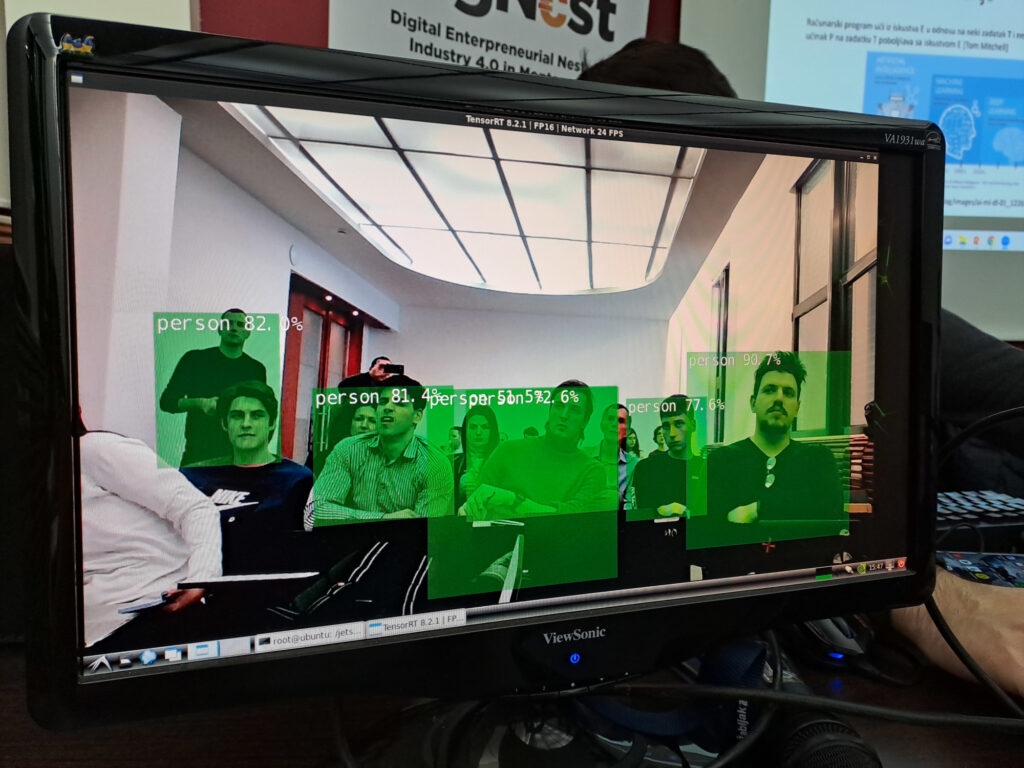
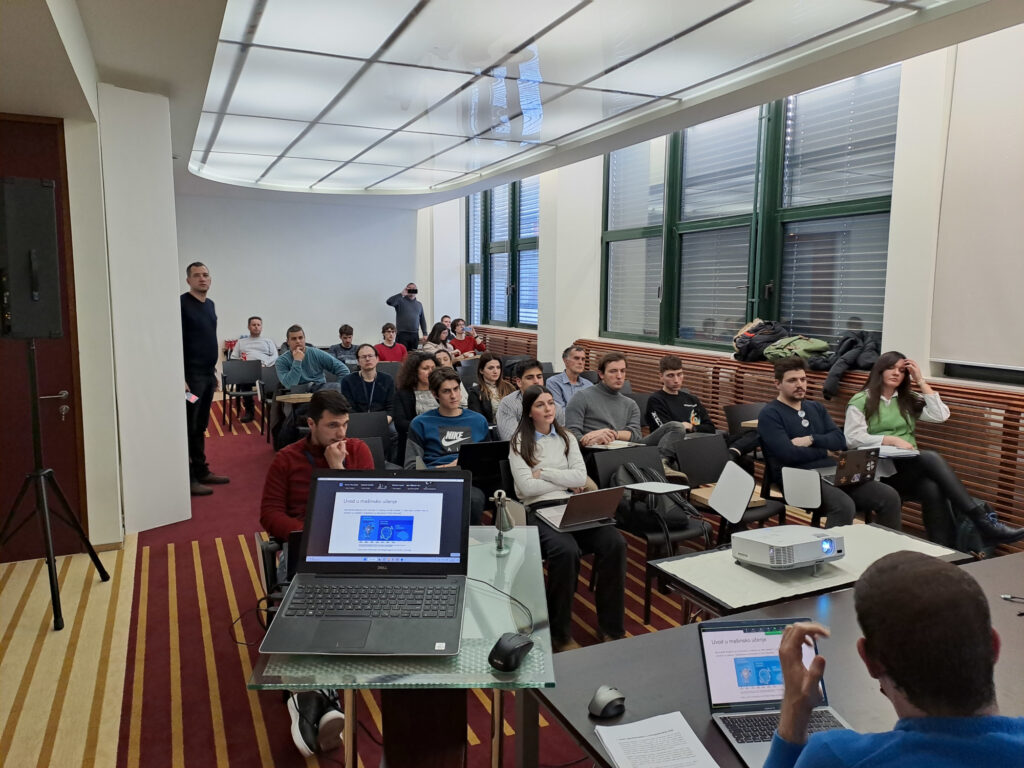
More information about the conference is available at the IT2023 conference website (link). The workshop will include introduction to AI and IoT (AIoT), software tools for AI/ML, edge AI, and IoT, and presentation and practical demonstrations. The target audience is MSc, BSc, and high-school students, but others are welcome, too. The conference program is available at the following link.
